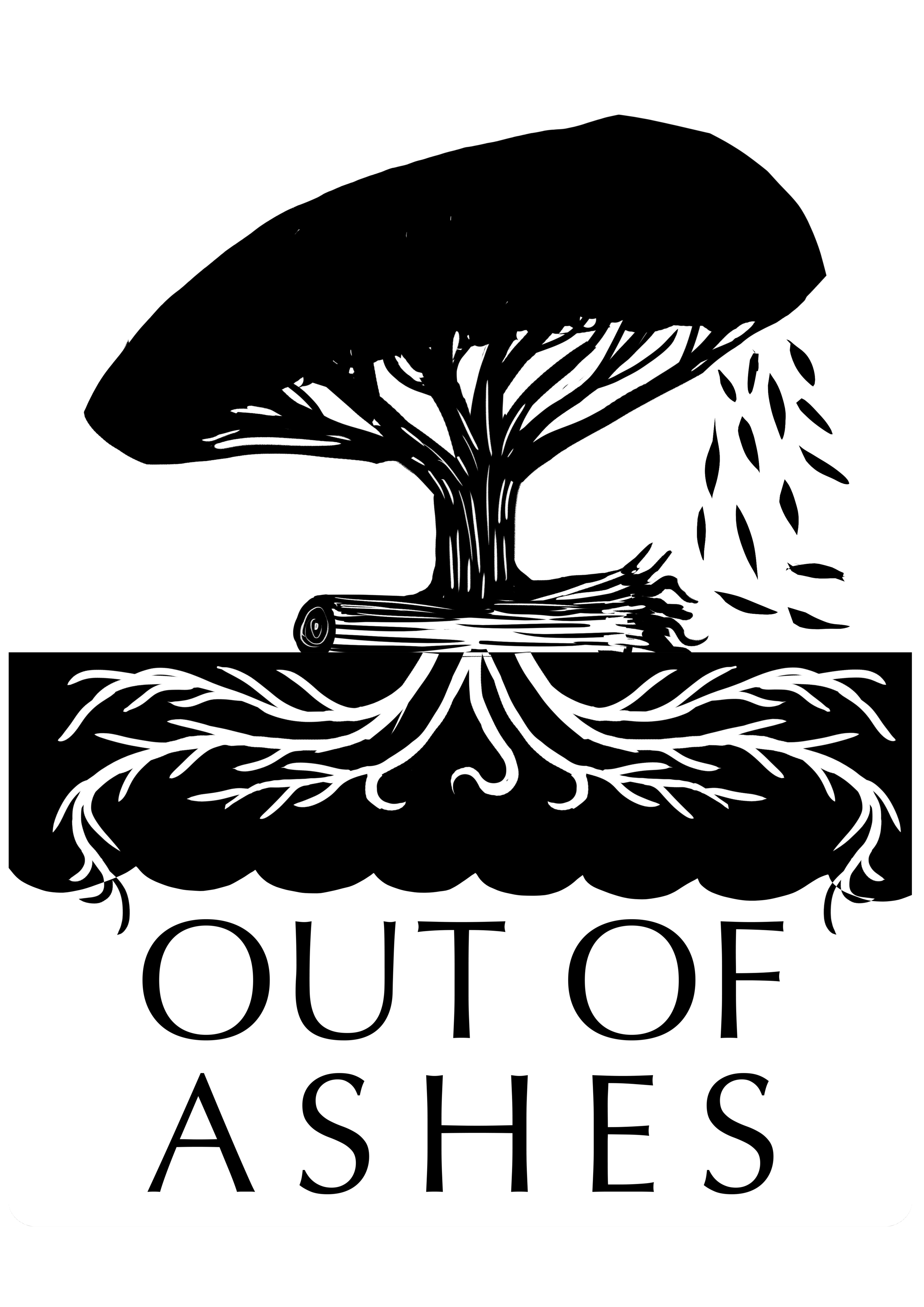Beyond the War on Invasive Species: A Book Review
I'll start by saying that anyone who can handle a bit of dense reading MUST read this book. It is one of the best books I've read in years. Seriously.
In many ways I feel that if I enjoyed writing or science all that much (haha) I would have written this book. Tao Orion put beautifully into words all my feelings and concerns with our approach to "invasive species" management that I'm always struggling to talk with clients and friends about. So if you're somebody that's heard my diatribe on looking at weeds and invasives through a different lens and weren't totally put off, you also should read this book.
Orion hails from our part of the country; Oregon. She has many degrees and has been practicing permaculture for a good while. In addition to this, she has in her day jobs been involved with restoration projects for the state. It is from this place, as a member of the restoration community, that she writes.
The book is structured to delve deeper in to the philosophy, history, and ethical dilemmas concerning the very broad topic of invasive species. What I love about the book is that she makes every point with a real life case study. Real invasive plants, real damaged ecosystems, and real people who are the players in the "restoration" game. At times, the information is disturbing and disheartening, but Orion goes to great lengths to reimagine outcomes and suggest actual plans for true restoration for every case study. This is a unique strength of the book. Many social-scientific-historic approaches leave this key piece out, in many ways discrediting the author in my opinion. Orion is a true creative ecologically minded person who has practitioner's credit to her name.
Orion exposes the disturbing reality that our mindset towards ecosystem renewal and invasive species is rooted in the war machine of WWII and Vietnam. She writes with fairness and uses logic, not becoming overly emotional to shame any one group but to simply educate her readers on the reality of the situation. I greatly appreciate her even handedness in the midst of hard truths. Many in the permaculture community are very angry and verbally violent towards people of a different mindset than their own, which makes listening to any of their points a real task.
I would be hard pressed to say what my favorite part of the book was but for this review will choose Chapter 6: Everyone Gardens. It reminds me, along with a lot of her history of our philosophical approach to invasives, of Michael Pollan's book Second Nature. The chapter deals with our poor understanding of what wilderness is and points out the huge loss Americans have suffered as a result of casting aside the native population.
This point deserves a bit of attention on its own and while it was a minor point in the book, struck me as one of the major problems that needs rectifying if we are to have a long term restoration of the world. Indigenous peoples have been mistreated in this country and others. That is a great understatement, but I find myself at a lack for words to do justice to the situation. Our separation from native knowledge of how to "garden the wilderness" has led us to a strange dichotomy, vacillating between industrial micro management to conquer nature and total neglect in the name of preserving wilderness. From here, Orion goes on to offer permaculture as an appropriate design system to deal with these extremes.
There is so much more I could say but hopefully I've convinced you to go read this book. I'm sure my vagueness has enraged some of you, but I really don't want to spoil the gem of a reading experience that is ahead of you. I hope this inspires real change amongst the restoration community as it stands and the iteration that will come next.
Also, if you are interested in connecting with some amazing people in the permaculture community who are reaffirming the importance of indigenous peoples check out Eloheh Farm in Newberg, OR.

